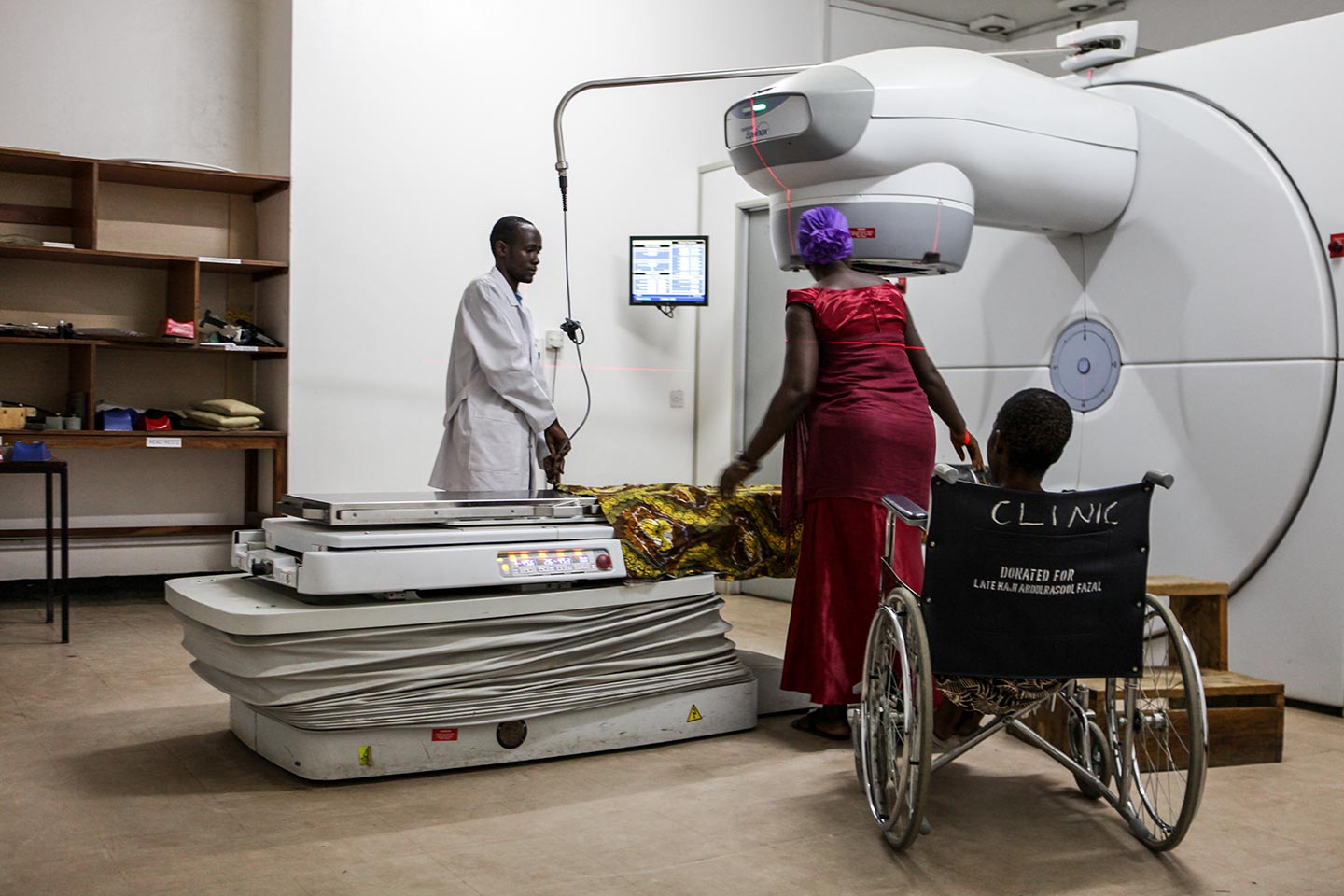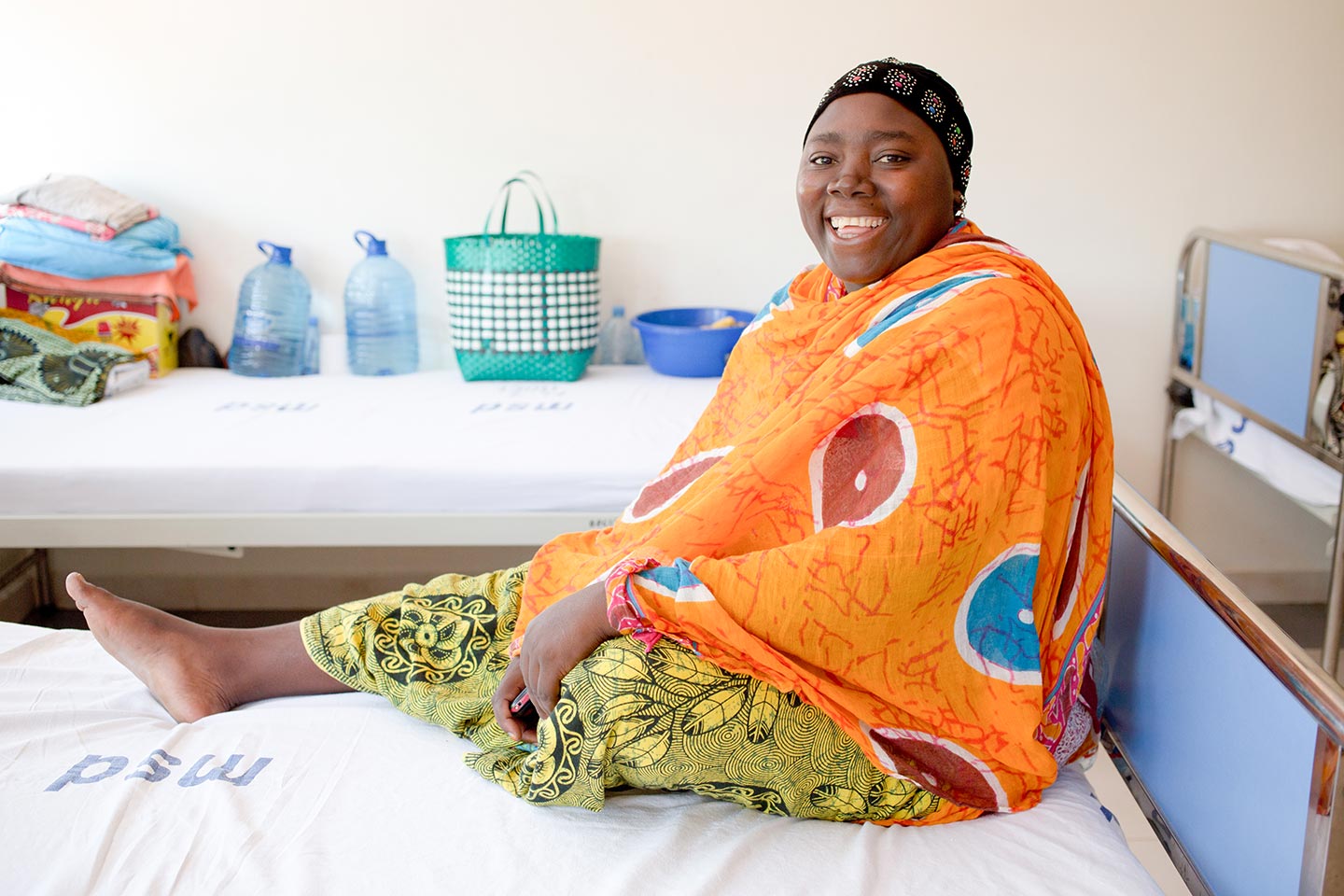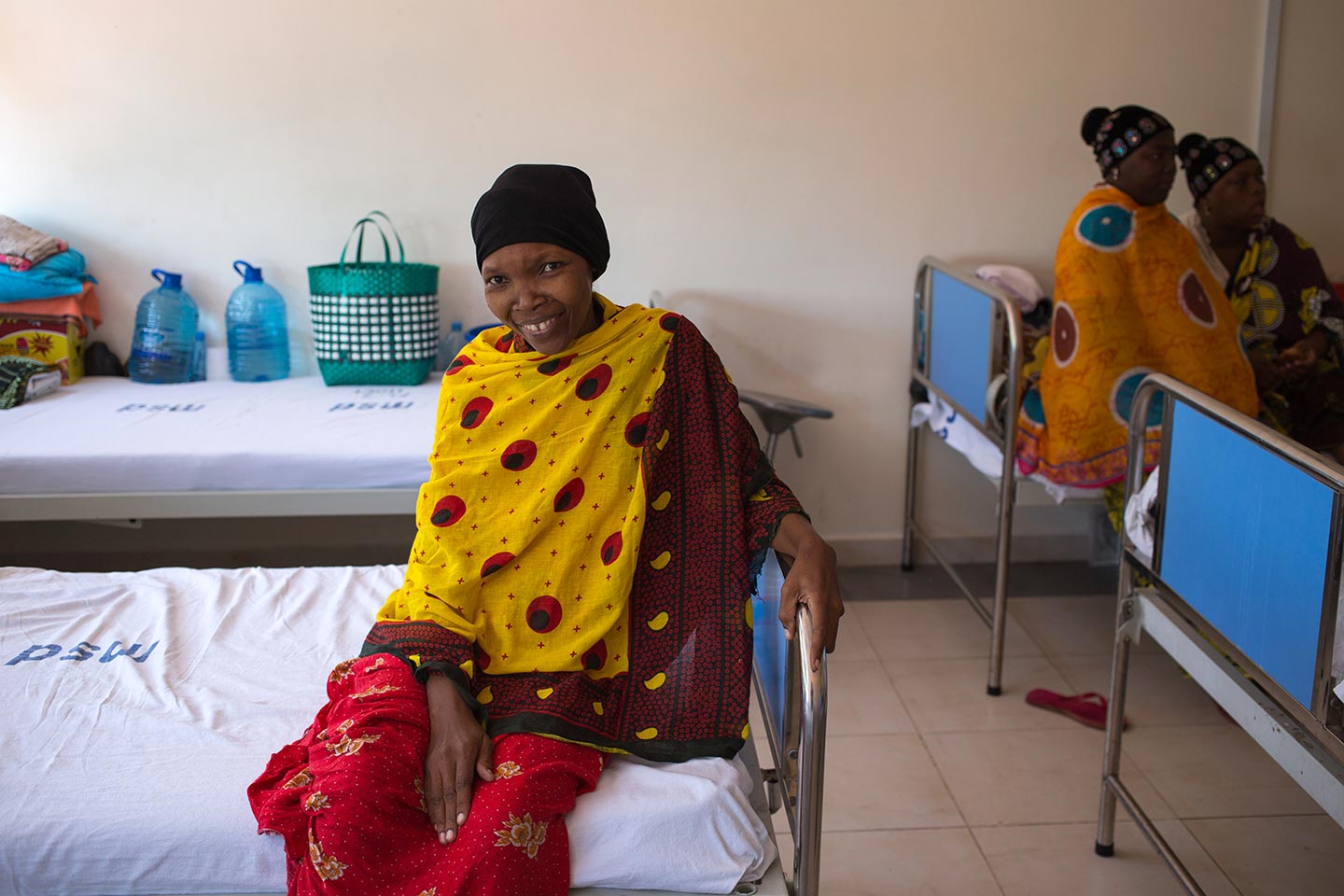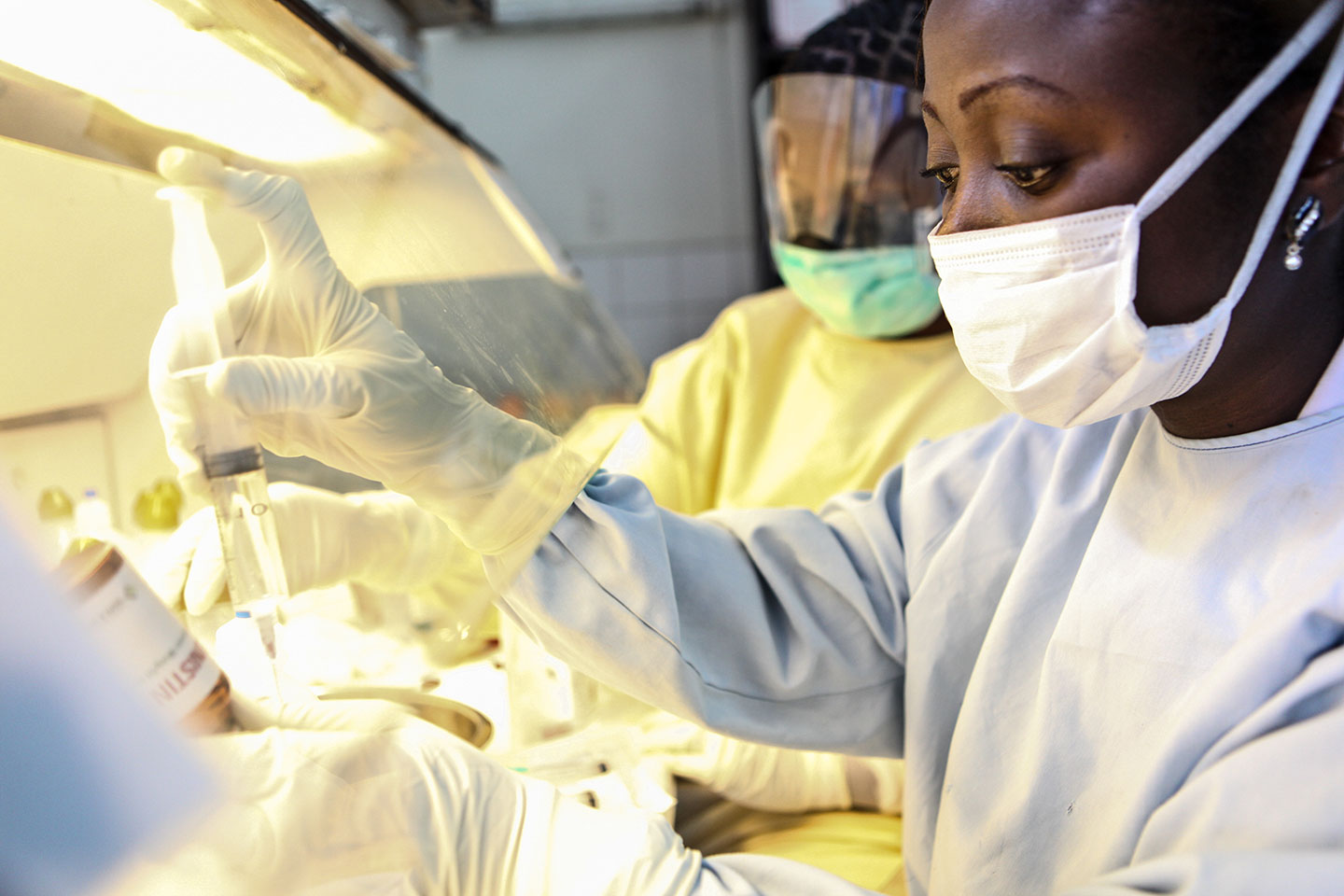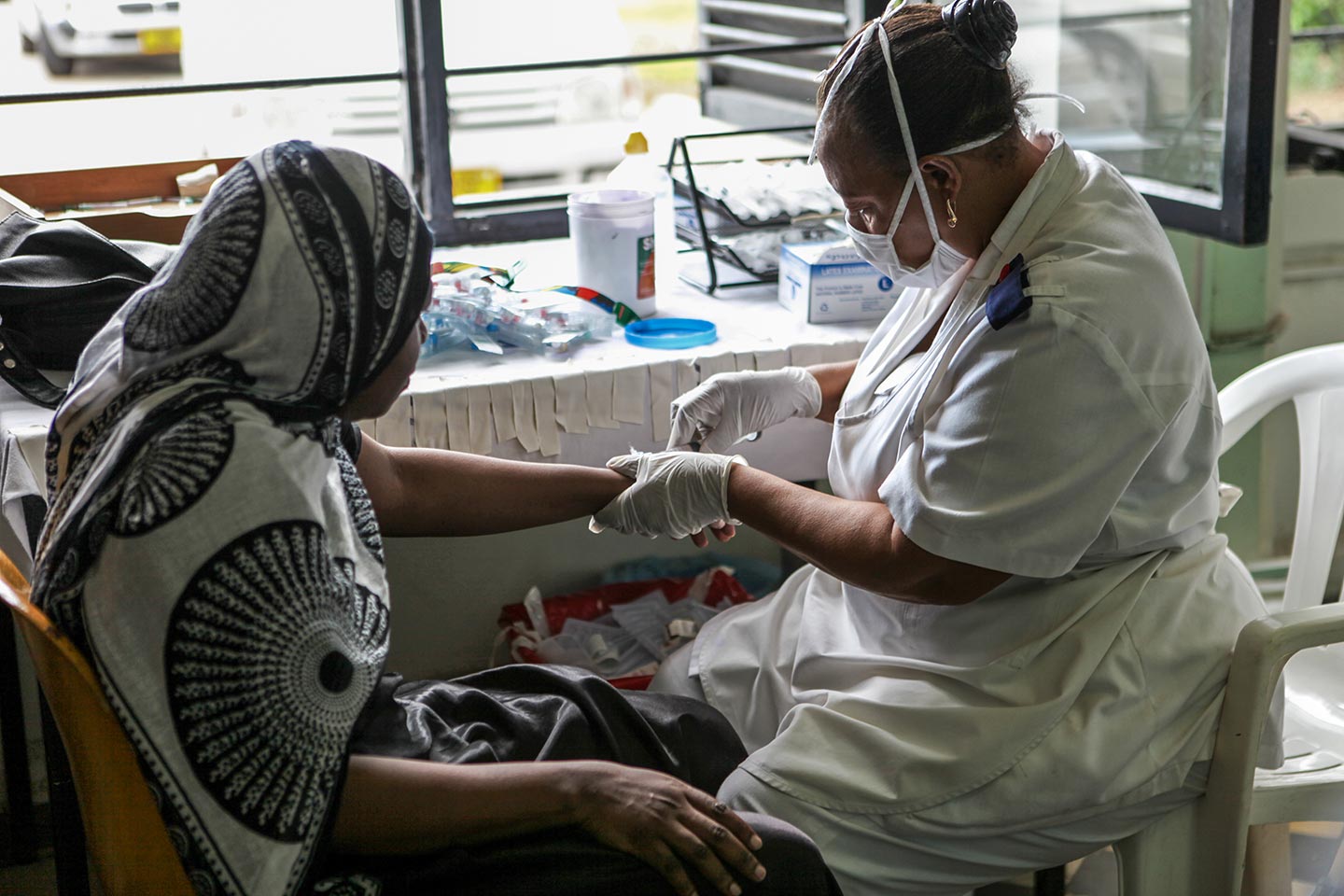All roads lead to Ocean: how cancer treatment works in Tanzania
In Tanzania, the Ocean Road Cancer Institute is doing its part to ensure that people across the country can receive cancer treatment and care, regardless of their ability to pay.
- 15 February 2021
- 3 min read
- by Tetsekela Anyiam-Osigwe , Jacques Schmitz

In Dar es Salaam’s quiet government district, the Ocean Road Cancer Institute sits as a tall white structure along the Indian ocean, just 200 metres from the beach. Founded in 1895, it is one of Tanzania’s oldest health facilities and now the only specialist hub for cancer services in the entire country. In this photo story we look at how Ocean Road is making cancer treatment accessible for people in Tanzania and beyond.
Making cancer treatment so accessible has been instrumental in ensuring that everyone, regardless of their ability to pay, has a chance to get better.
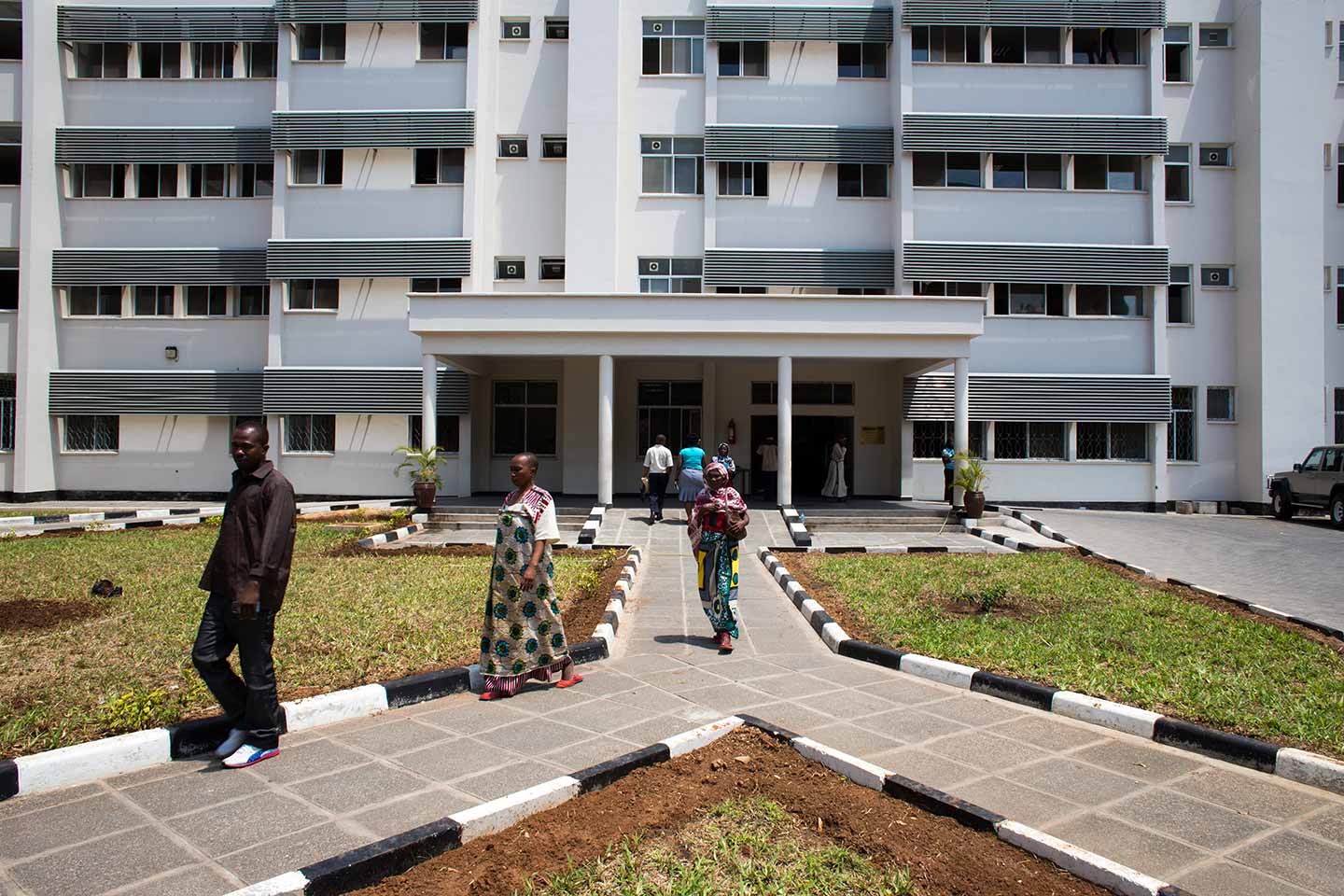
Credit: Gavi/2014/Karel Prinsloo
Working in partnership with the wider Tanzanian community, Ocean Road has helped to ensure that Tanzanians, and even people from the rest of East Africa, are able to access an affordable and integrated cancer healthcare system. Currently, it attends to more than 50,000 patients, including 28,000 cancer patients and 10,000 cancer screening patients. Beyond this, the Institute also serves more than 15,000 patients as part of outreach programmes across Tanzania.
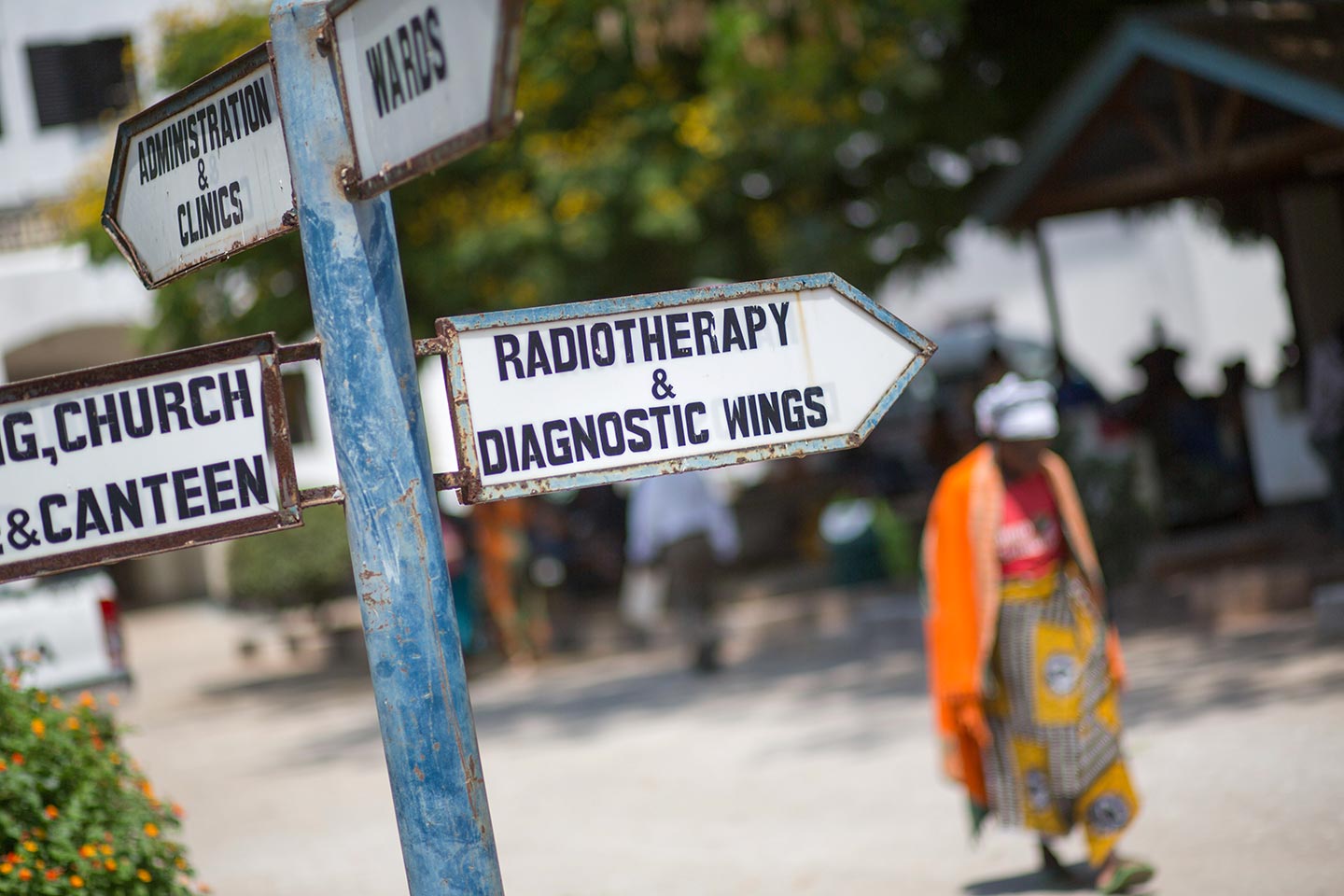
Credit: Gavi/2014/Karel Prinsloo
Although cancer patients at Ocean Road have to pay for screening, if diagnosed, treatment is free. Making cancer treatment so accessible has been instrumental in ensuring that everyone, regardless of their ability to pay, has a chance to get better.
Saving women at Ocean Road
Tanzania has one of the highest cases of cervical cancer both in Africa and the world. In 2018, the country in fact had the fourth highest incidence rate of cervical cancer in the world with 59.1 new cases per 100,000 women and a mortality rate of 42.7 deaths per 100,000.
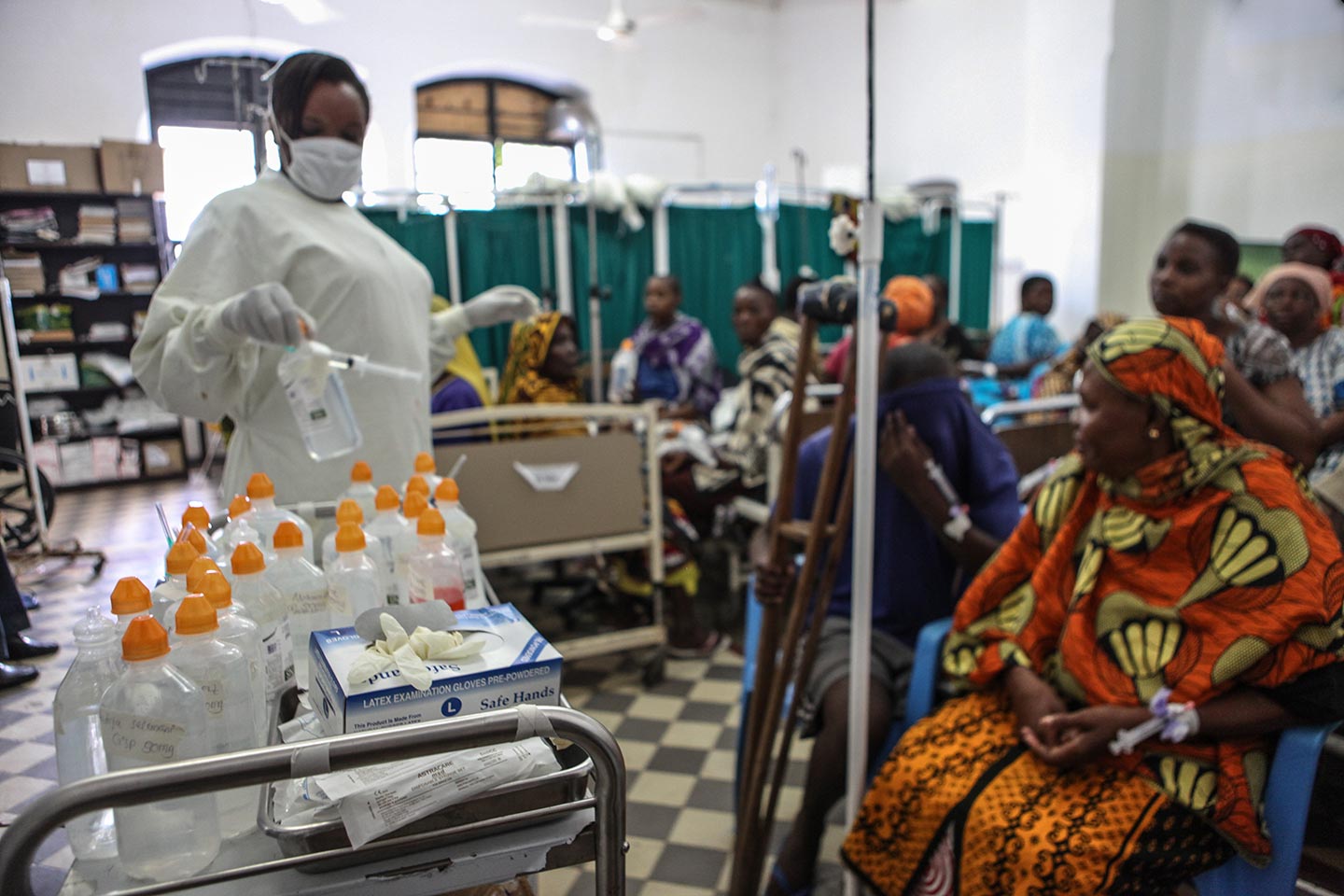
Credit: Gavi/2012/Sala Lewis
Focusing on cervical cancer treatment
Despite challenges with medical supply shortages, Ocean Road has often been a lifesaver for many women in Tanzania, and neighbouring countries. Early detection and diagnosis are available in some parts of Tanzania, but Ocean Road is one of the few hospitals in the country that offers radiotherapy as a treatment for all cancer patients.
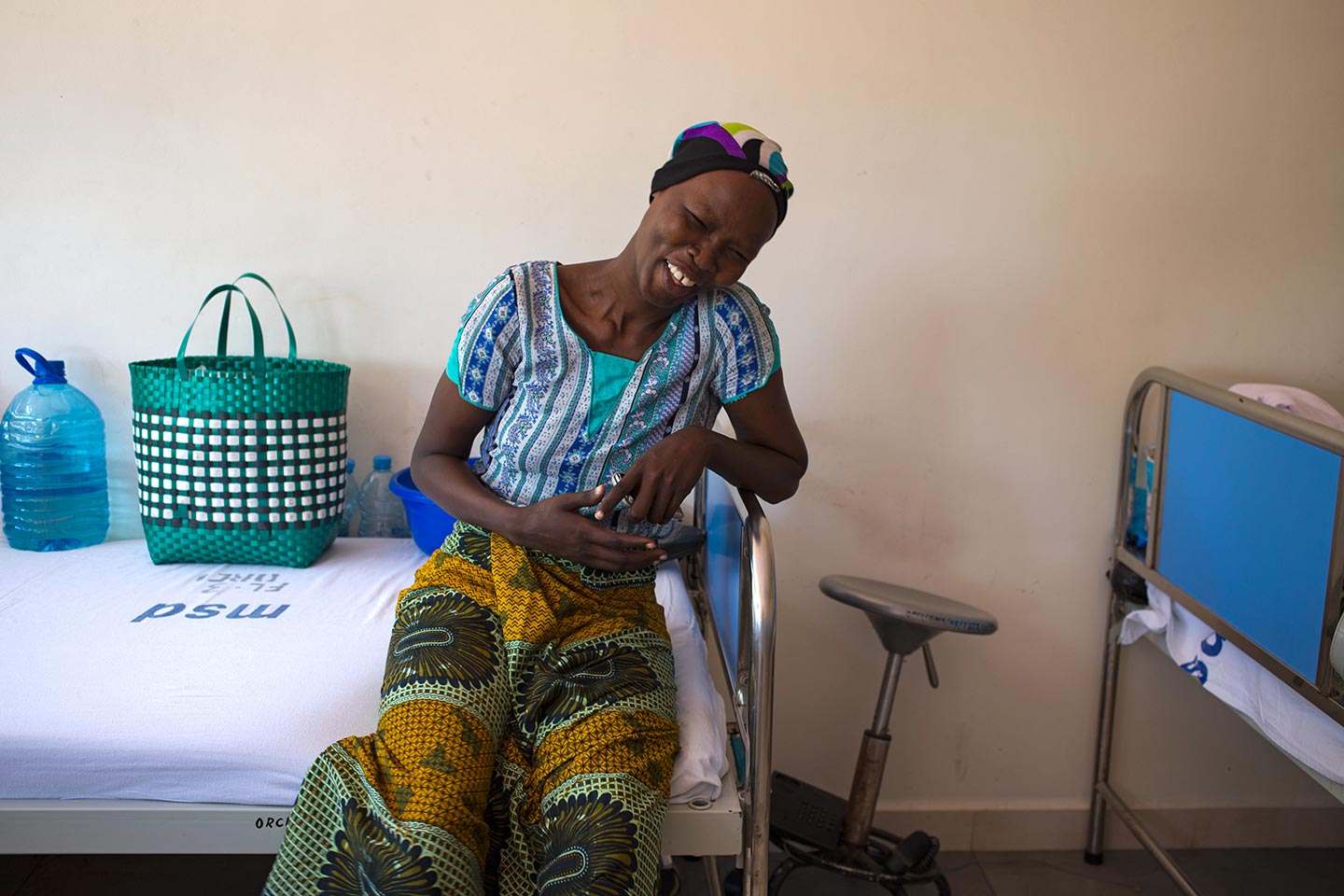
Credit: Gavi/2014/Karel Prinsloo
Focusing on cervical cancer prevention
In 2014 Tanzania first introduced vaccines against the human papillomavirus (HPV), which is the leading cause of cervical cancer. Four years later, after an initial pilot, it introduced the HPV vaccine to its national routine immunisation programme, becoming one of the first countries in Africa to roll out the vaccine nationwide. Along with cervical cancer screening, administering the HPV vaccine – the cost of which is significantly subsidised by Gavi support – is one of main ways Ocean Road has been able to help prevent cervical cancer among women and girls in Tanzania.
More from Tetsekela Anyiam-Osigwe
Recommended for you




